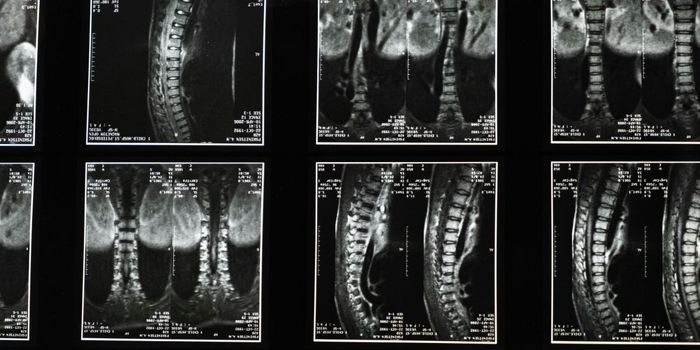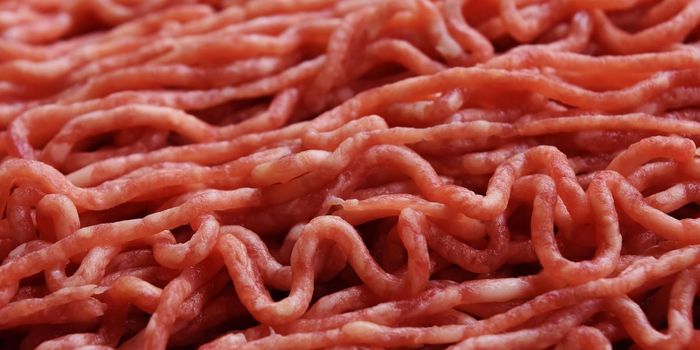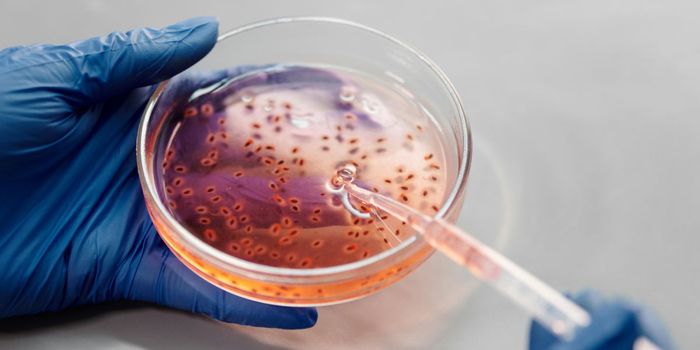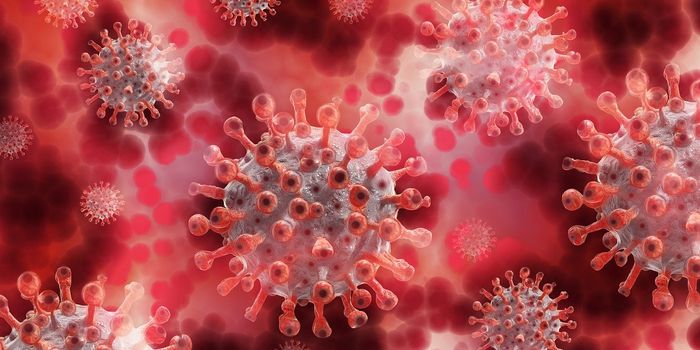Childhood Cancer Survivors Face Heart Disease Later in Life
Children who survive cancer are at an increased risk for heart disease later in life, often developing heart disease nearly a decade before the average person would. Scientists from the Johannes Gutenberg University Mainz in Germany recently studied this phenomenon in a landmark study comparing the long-term health of childhood cancer survivors with the health of people in the general population.
The study included 951 adult long-term survivors of childhood cancer between the ages of 23 and 48, compared to 15,000 people from the general population. Researchers conducted a systematic and comprehensive clinical examination for heart disease risk factors. They also collected information on medical history, smoking status, and any family history of heart disease.
"Our results show that these survivors of childhood cancer have a substantially elevated burden of prematurely occurring traditional cardiovascular risk factors and cardiovascular diseases,” explained co-principal investigator Joerg Faber.
Most commonly these risk factors were high blood pressure and dyslipidemia, a condition describing an abnormally high level of lipids, or fats, in the bloodstream. However, a surprisingly low number of the cancer survivors were aware of their heart disease risk profile. For example, only 62 out of the 269 study participants with dyslipidemia were aware of their condition.
The premature onset of these risk factors promotes premature development of heart disease and stroke, researchers found. Just under five percent of cancer survivors had at least one type of heart disease, often congestive heart failure or thromboembolism. And that heart disease risk only increases with age, making childhood cancer survivors more likely to die than people in the general population.
The connection between childhood cancer and adult heart disease is still a little fuzzy. Scientists know that two cancer treatments, chemotherapy and radiotherapy, can cause damage to the heart cells and blood vessels. But the interaction is not completely understood.
Researchers do know that they can focus on prevention to combat the risk of heart disease faced by childhood cancer survivors. Medical professionals can focus specifically on blood pressure and lipid measurements, encouraging lifestyle changes and blood pressure treatment when necessary to minimize the risk of heart disease.
"Usually survivors are followed for only five to ten years after completion of therapy, and this is focused on the risk of the cancer returning and the acute adverse effects of their treatment, rather than on other conditions,” Faber explained. “However, further investigations are needed to answer questions about the best follow-up care."
The present study was published in the European Heart Journal.
Sources: European Society of Cardiology, CURE Childhood Cancer









